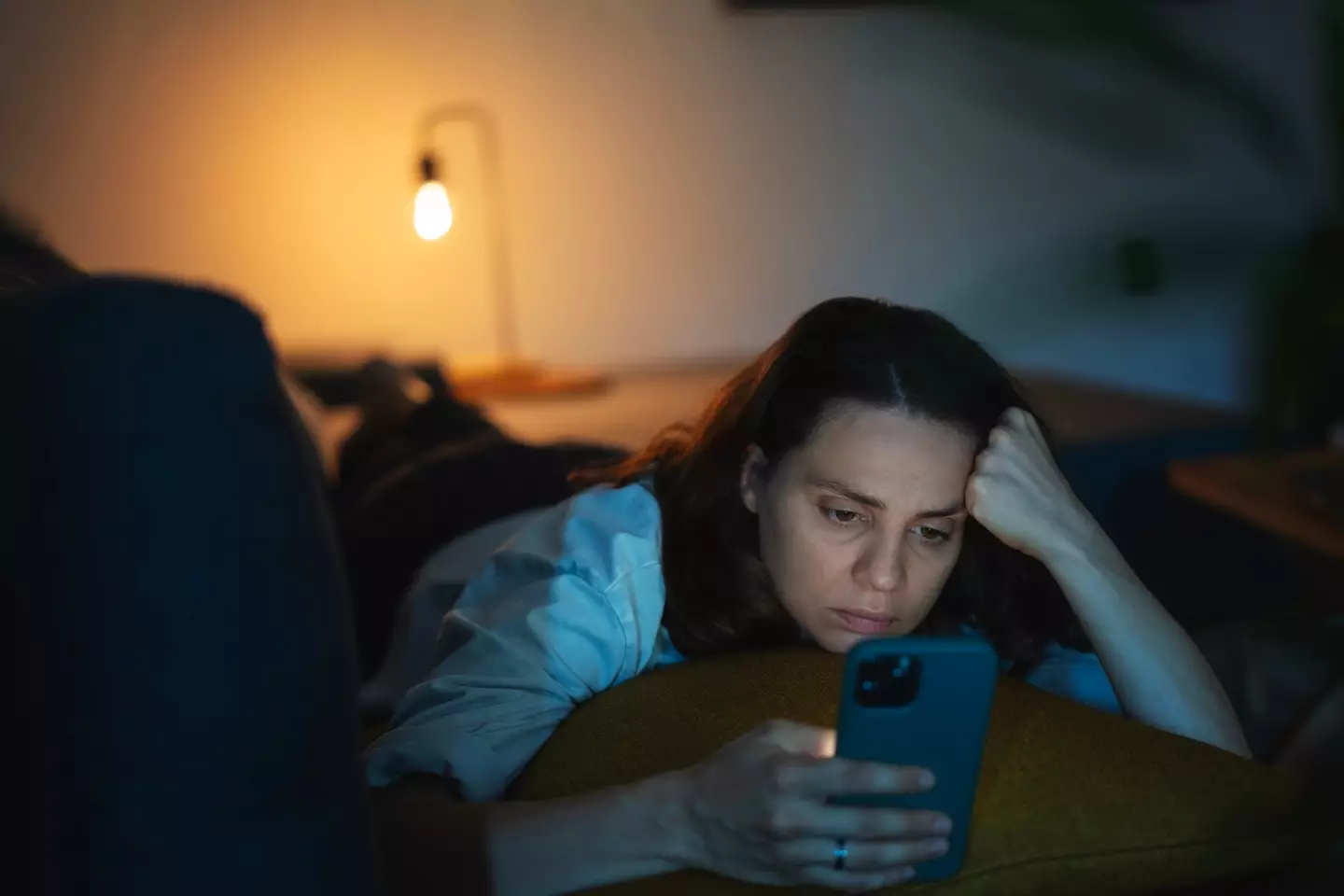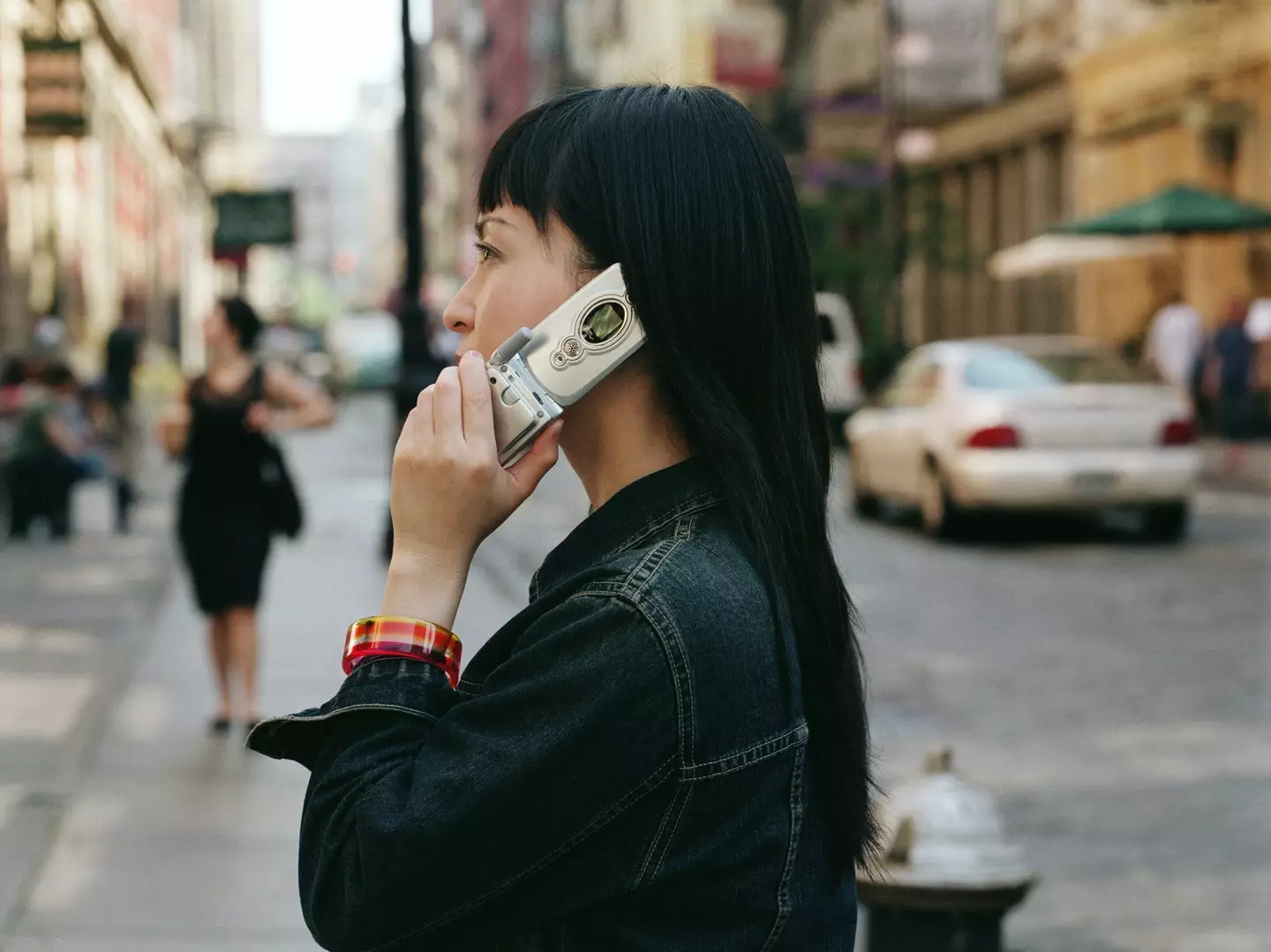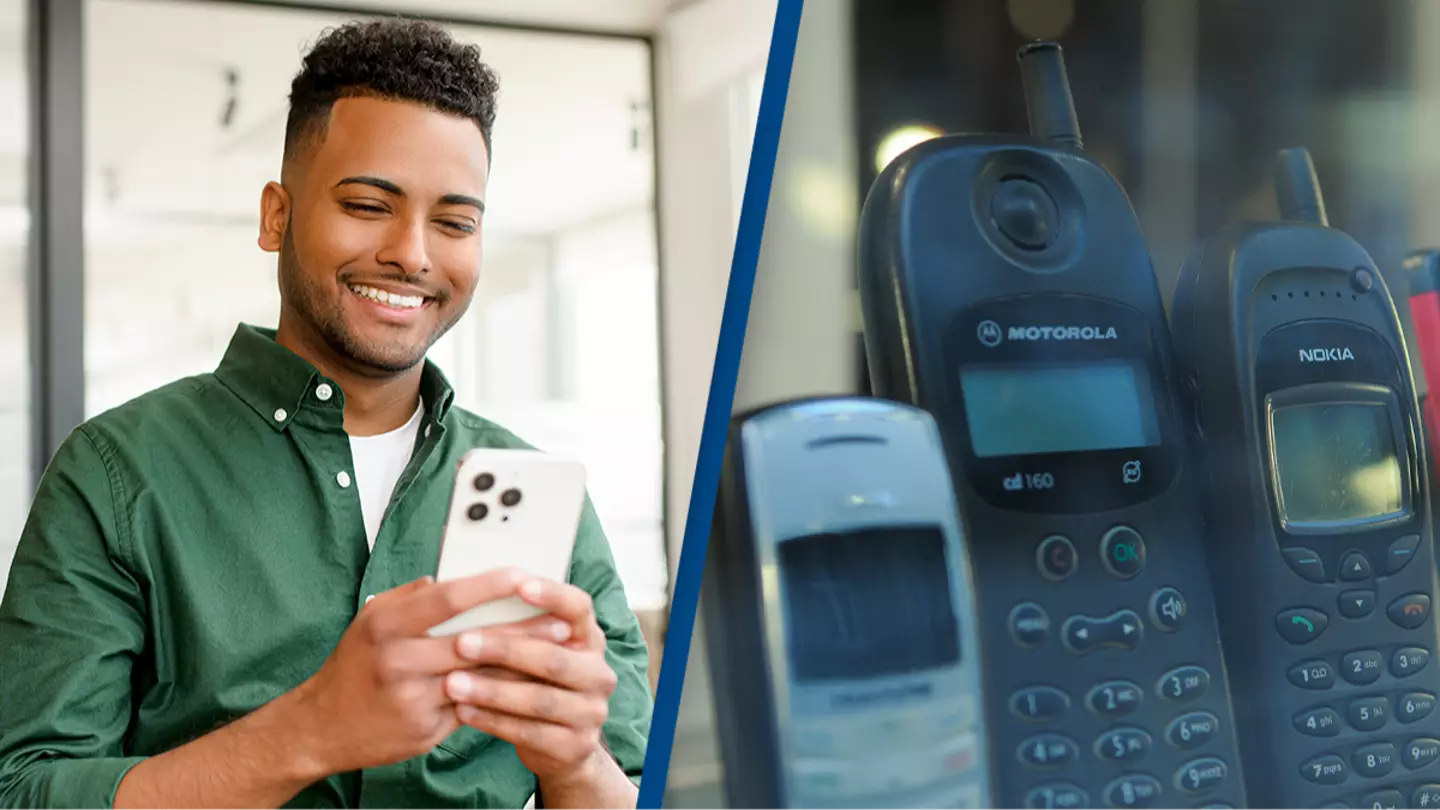Ever felt a pang of shock when your phone reveals the staggering amount of time you’ve been staring at your screen? You’re not alone. Most of us are guilty of excessive phone use, averaging about four-and-a-half hours a day. But while some of us have learned to ignore these alarming stats, others are taking drastic steps to break free from the digital chains. One solution that’s gaining traction? Switching a smartphone for a ‘dumbphone’—a device solely for texting and calling.

In our technology-driven world, the phenomenon of ‘doomscrolling’—a term that came into play in 2018—has become an unfortunate norm. It refers to the excessive time spent scrolling through endless newsfeeds and content, often leading to increased anxiety and time mismanagement. Caroline Cadwell, a Californian, found herself overwhelmed by her smartphone usage to the extent that it started taking over her life. “I left a job because I was burned out, and spent almost three months in what I’d describe as zombie mode,” Cadwell disclosed in an interview with DailyMail.com.

After a summer spent buried in her phone screen, Cadwell experienced a wake-up call. “It was summer, and I barely remember it—I did nothing,” she recalled. This realization pushed her to reassess her relationship with her digital devices, particularly how it related to her work burnout and lack of boundaries. “It was when I was nearly out of this time and feeling better that I started to reflect on what, about my burnout, was in my control, and the biggest contributing factor was a lack of boundaries with work,” she explained.
By making the switch to a simpler phone, Cadwell noticed significant improvements in her life. “Space and time, is how I’d describe it. It’s amazing how much your relationships can gain from giving it up,” she remarked, highlighting the personal benefits of disconnecting.
Recognizing the broader issue, Cadwell developed ‘Unpluq’, an innovative app designed to combat doomscrolling by locking other apps on your smartphone. The app also introduces a physical tag, which users can tap on their smartphone to unlock specific applications. “I think people are starting to tune in at a large scale about the perils of social media and smartphones—very few I think would argue that they’re good for us, 100 percent, or that social media is only good,” Cadwell stated.
With increasing awareness of the negative impacts of excessive smartphone use, there’s a growing movement towards healthier digital habits, especially among younger generations. They are at the forefront of defining new norms when it comes to technology usage.
So, would you consider ditching your smartphone to reclaim your time and improve your relationships? It’s a radical step, but perhaps it’s what we need to regain control in our hyper-connected world. I’ve certainly thought about it—have you?

